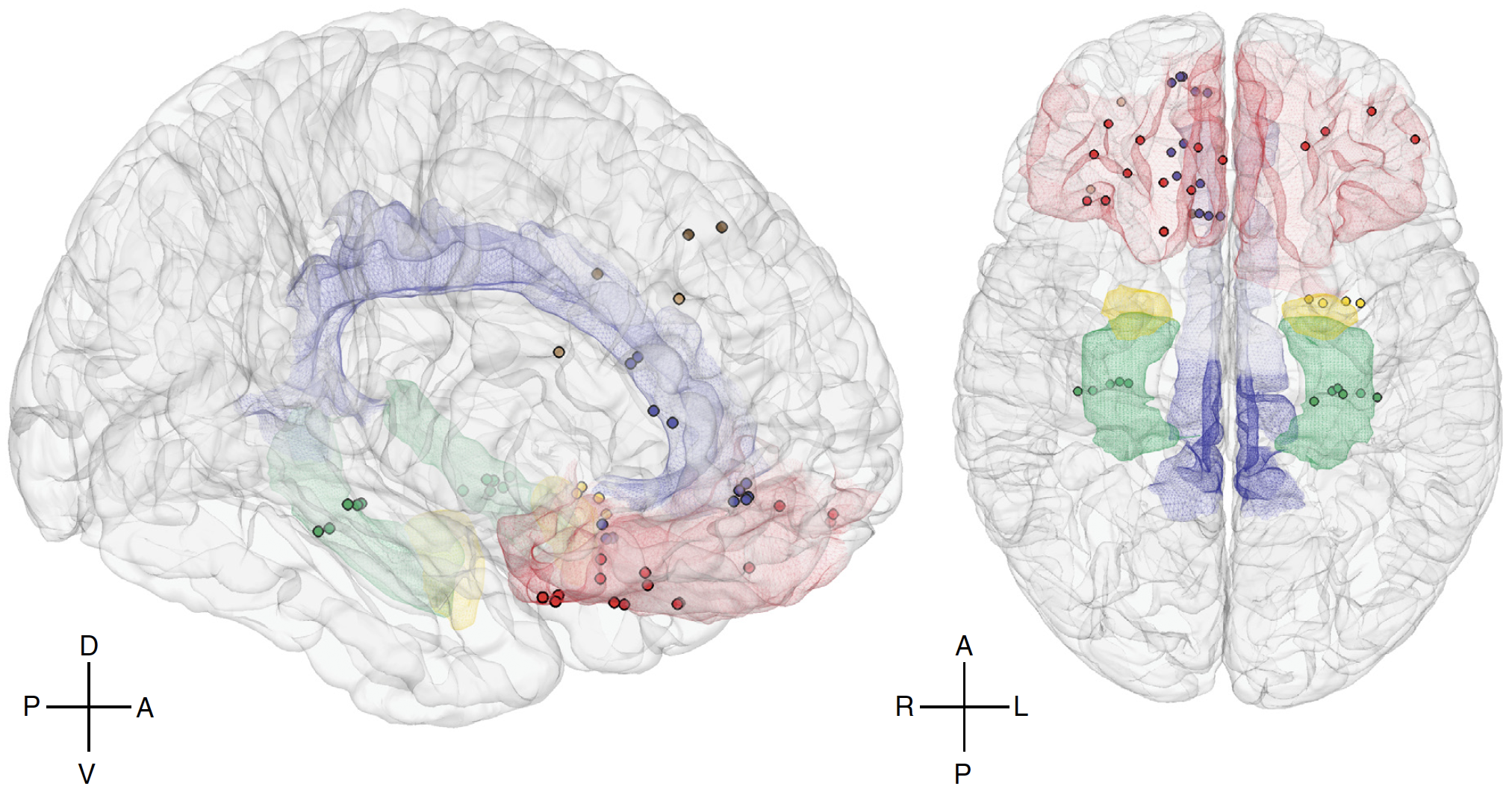Join us for the 2019 CNEP Retreat
Thursday, December 5, 2019
Registration is now open!
News

The ability to decode mood state over time from neural activity could enable closed-loop systems to treat neuropsychiatric disorders. However, this decoding has not been demonstrated, partly owing to the…

A monosynaptic projection from the cortex to the subthalamic nucleus is thought to have an important role in basal ganglia function and in the mechanism of therapeutic subthalamic deep brain…

You don’t focus as well as you think you do. That’s the fundamental finding of a team of researchers from Princeton University and the University of California-Berkeley who studied monkeys…

Understanding Vocal Pitch Could Give Realistic Synthetic Voices to Those Unable to Speak. We humans are the only primates that can flexibly control the pitch of our voices. This melodic…

Karunesh Ganguly and co-authors used electrical stimulation to improve mobility in rats following debilitating strokes. Their findings will inform the development of brain implants for treatment of human stroke patients.

Edward Chang and co-authors describe how the brain coordinates the movements needed to generate speech, laying the foundation to create a brain prosthetic that can translate thoughts into speech.

Claire Tomlin, Anca Dragan, and colleagues are designing robots that can better anticipate human behavior. Read about their research in this article published in WIRED.

In 2016, UC Berkeley engineers demonstrated the first implanted, ultrasonic neural dust sensors, bringing closer the day when a Fitbit-like device could monitor internal nerves, muscles or organs in real…

UC San Francisco Chancellor Sam Hawgood, MBBS, announced March 13 that Edward Chang, MD, will be the inaugural William K. Bowes Jr. Biomedical Investigator, in recognition of his groundbreaking research to unlock…

